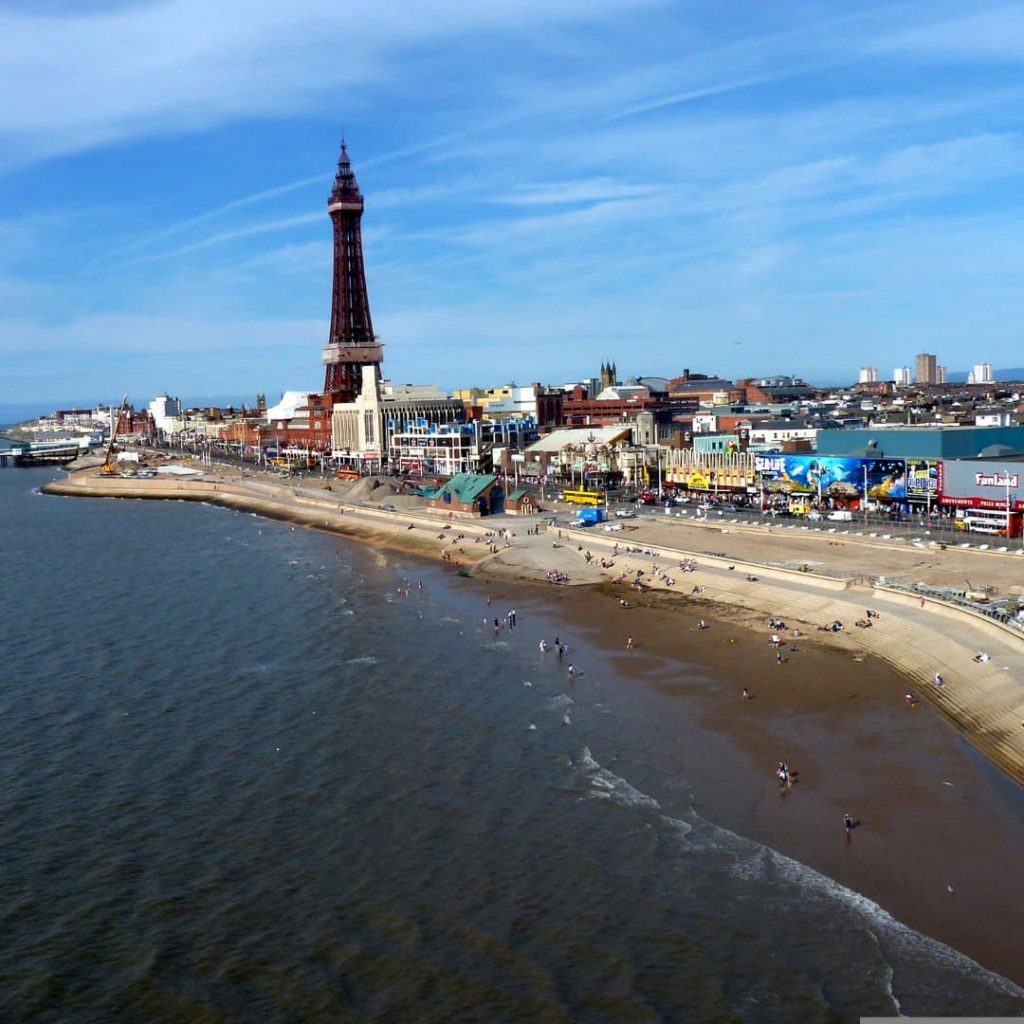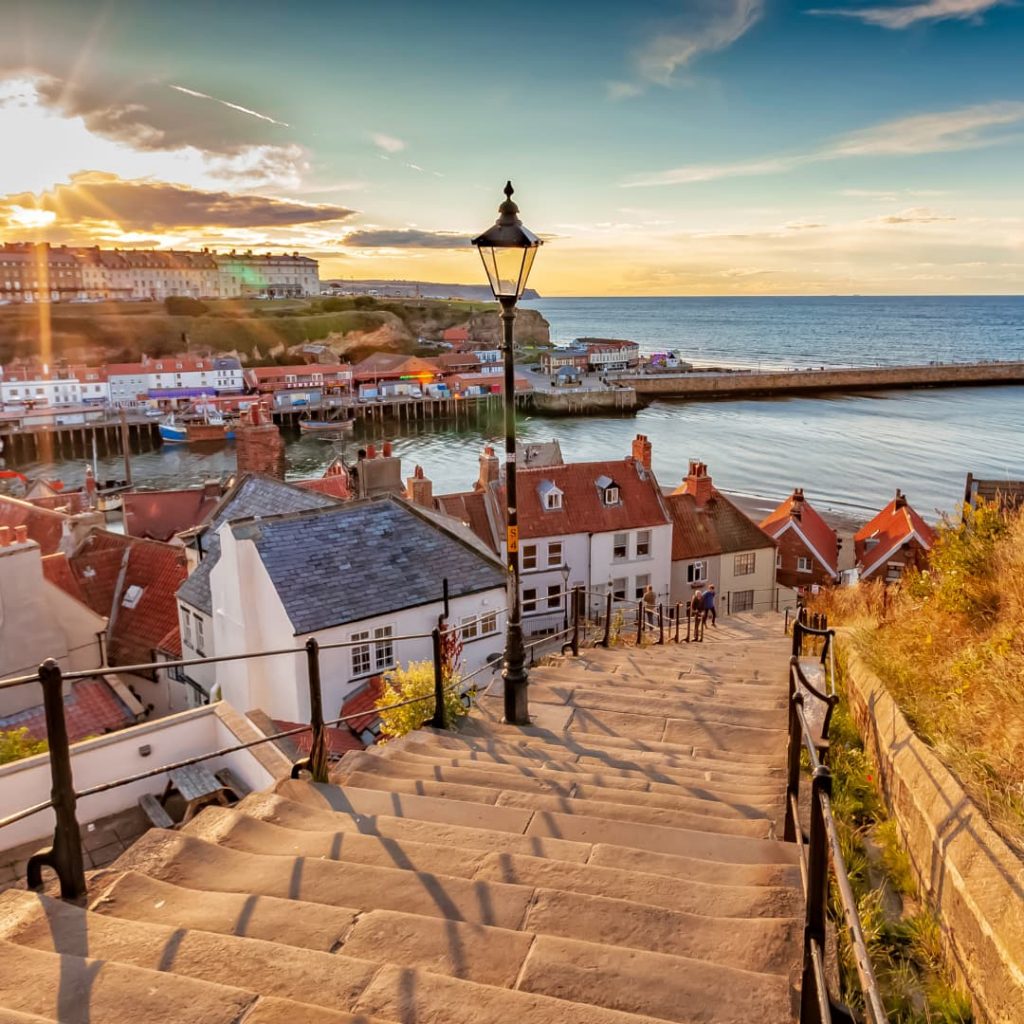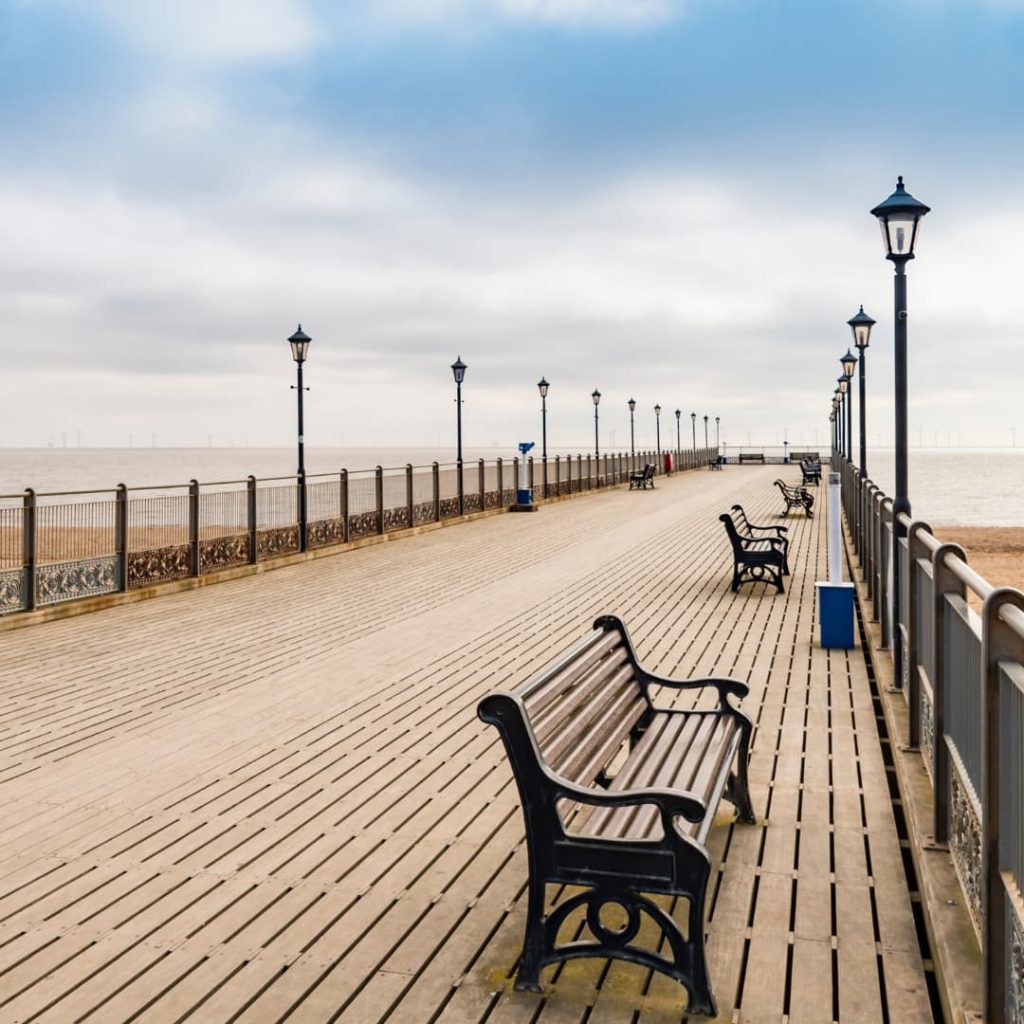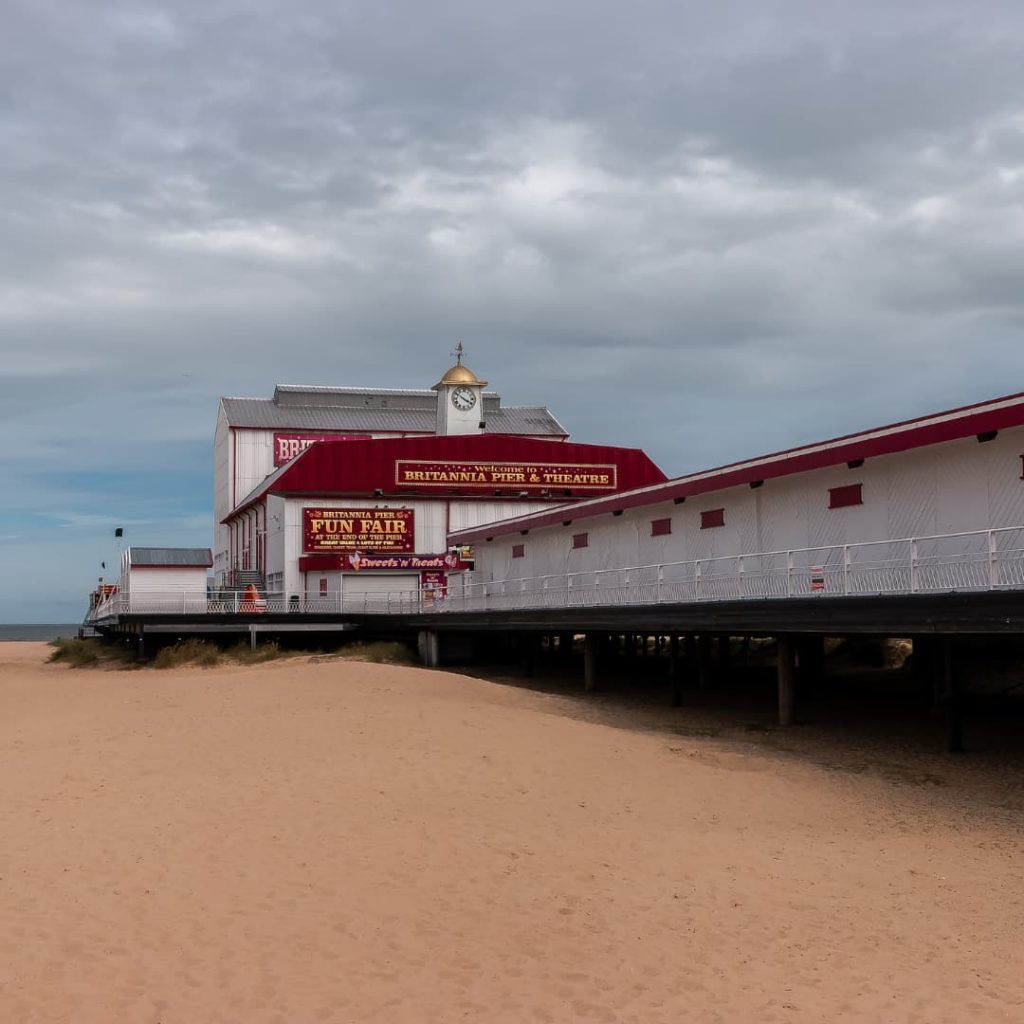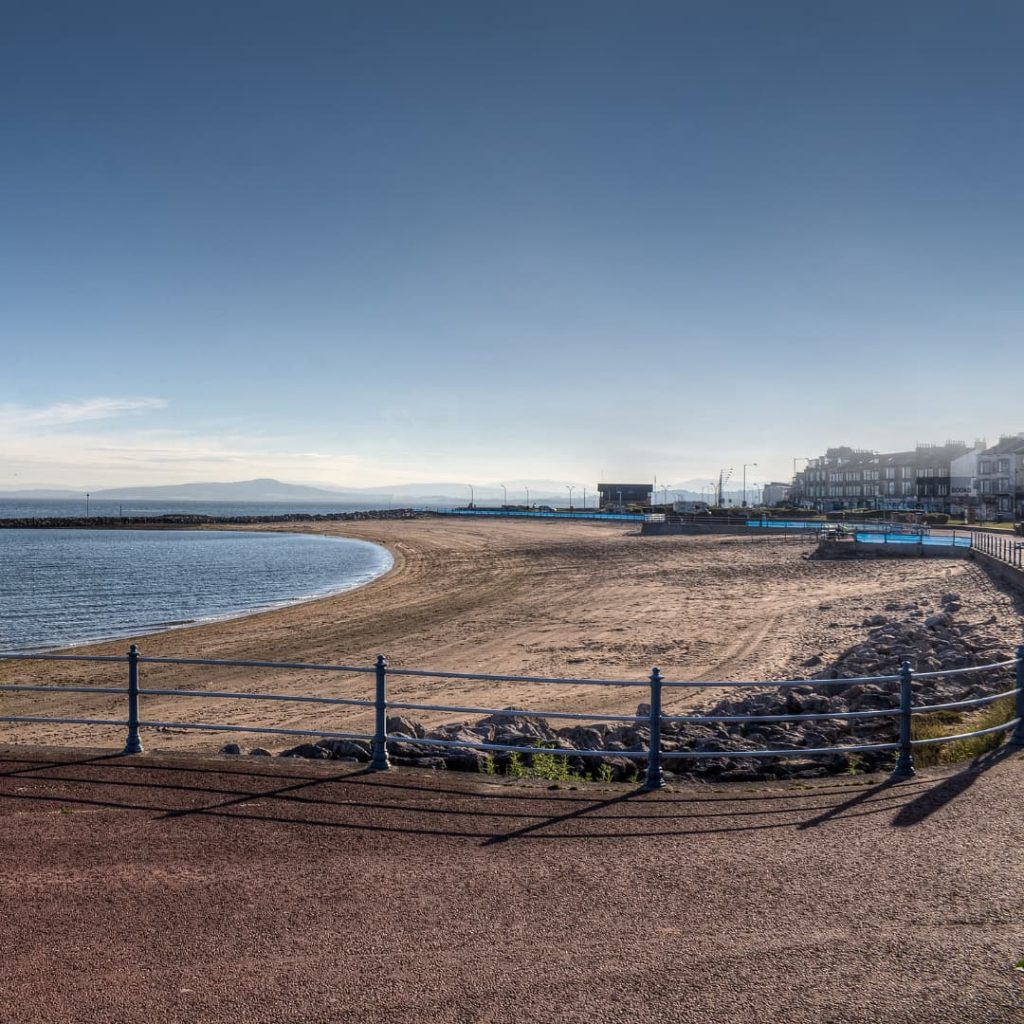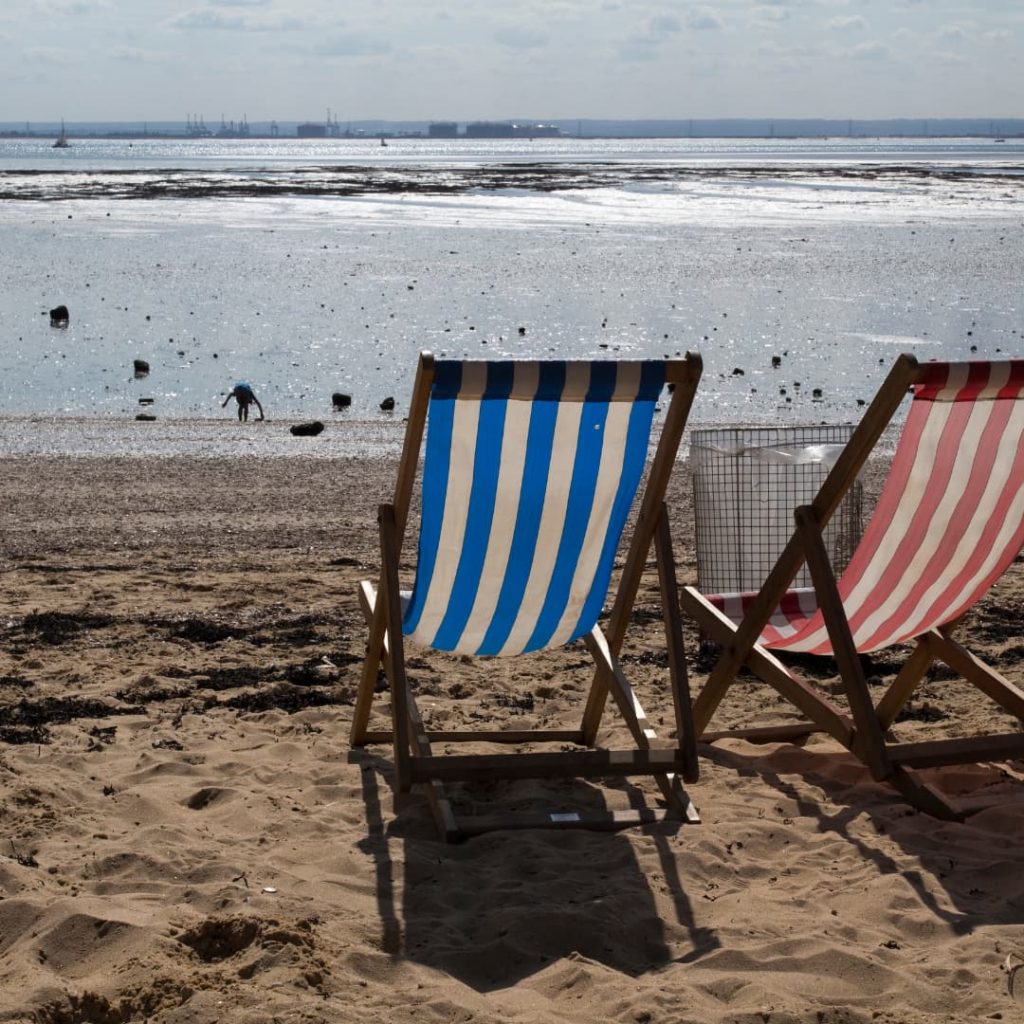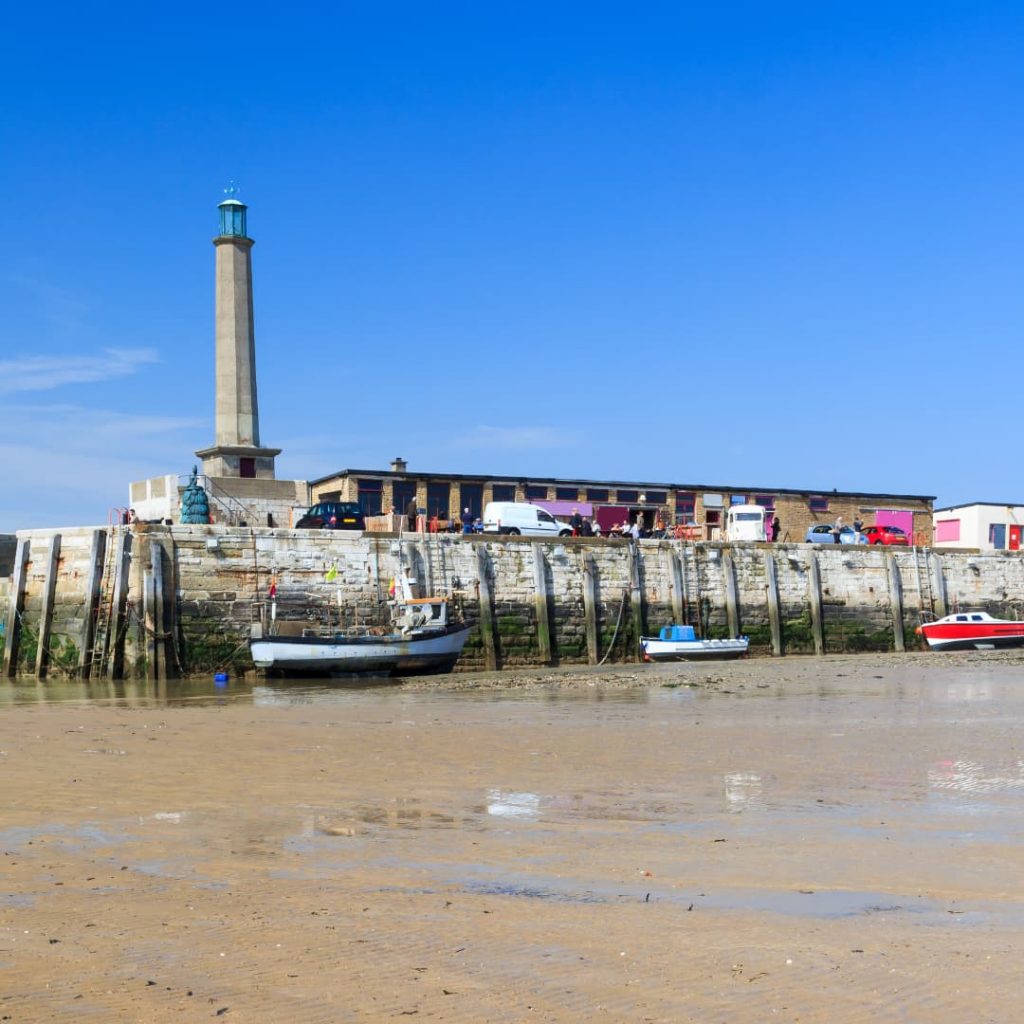Family Easter Activities at UK Caravan Parks: Creating Memorable Spring Holidays
Family Easter Activities at UK Caravan Parks: Creating Memorable Spring Holidays
Easter break provides the perfect opportunity for families to enjoy their first caravan getaway of the year. As spring blossoms across the UK, caravan parks come alive with seasonal activities designed to entertain visitors of all ages. Whether you’re planning your Easter caravan holiday or looking for ideas to make your trip extra special, here’s our guide to family-friendly Easter activities at UK caravan parks.
Easter Egg Hunts

No Easter holiday would be complete without an egg hunt for the family! Many UK caravan parks organise elaborate Easter egg hunts across their grounds, creating magical experiences for children. These hunts often feature:
- Age-appropriate search areas for different age groups
- Clue-based hunts for older children
- Special golden eggs with premium prizes
- Character-led hunts with the Easter Bunny making a special appearance
Some parks even offer evening hunts with glow-in-the-dark eggs for an extra memorable experience. Remember to check with your caravan park’s reception or activity centre upon arrival to register for these popular events, as they often book up quickly.
Spring Crafting Sessions
Embrace your creative side with seasonal craft workshops offered at many caravan parks. These activities typically include:
- Easter bonnet making competitions
- Decorating hard-boiled eggs with natural dyes and paints
- Creating spring wreaths from foraged materials
- Crafting Easter-themed gifts and decorations
These sessions provide a perfect indoor option for those inevitable April shower days and give children something special to take home as a holiday memento.
Outdoor Adventures
With nature awakening after winter, Easter is the ideal time to explore the great outdoors. Look for caravan parks offering:
- Guided nature walks identifying spring flowers and wildlife
- Pond dipping sessions to discover aquatic creatures
- Bird watching expeditions with expert guides
- Bug hotel building activities
- Farm visits to see newborn lambs and other spring animals
These activities connect families with the natural world while teaching children about seasonal changes and wildlife.
Easter-Themed Sports and Games
Burn off some energy (and chocolate!) with Easter-themed outdoor activities:
- Egg and spoon races
- Easter-themed obstacle courses
- Bunny hop sack races
- Spring sports tournaments
- Family-friendly mini Olympics
Many parks organise these activities as friendly competitions with small prizes, creating a festive community atmosphere among holiday-makers.
Seasonal Food Experiences
Easter is a time for delicious treats, and many caravan parks celebrate with special food events:
- Easter Sunday lunch specials at on-site restaurants
- Chocolate making workshops
- Hot cross bun baking classes
- Easter picnic hampers available to order
- Seasonal produce markets featuring local spring delicacies
Check if your park requires pre-booking for these culinary experiences, as they’re often popular highlights of the Easter programme.
Evening Entertainment with an Easter Twist
As the days grow longer, evening entertainment becomes a highlight of caravan holidays:
- Easter-themed quiz nights with chocolate prizes
- Spring movie nights under the stars
- Easter talent shows
- Seasonal live music performances
- Special appearances by the Easter Bunny
Creating Your Own Easter Magic
Even if your chosen caravan park doesn’t offer organised activities, you can create your own Easter traditions:
- Pack Easter decorations to make your caravan festive
- Bring supplies for your own family egg hunt
- Plan a special Easter picnic at a scenic spot
- Take an Easter Sunday walk in a nearby nature reserve
- Prepare simple craft materials for rainy day activities
Top UK Caravan Parks for Easter Activities
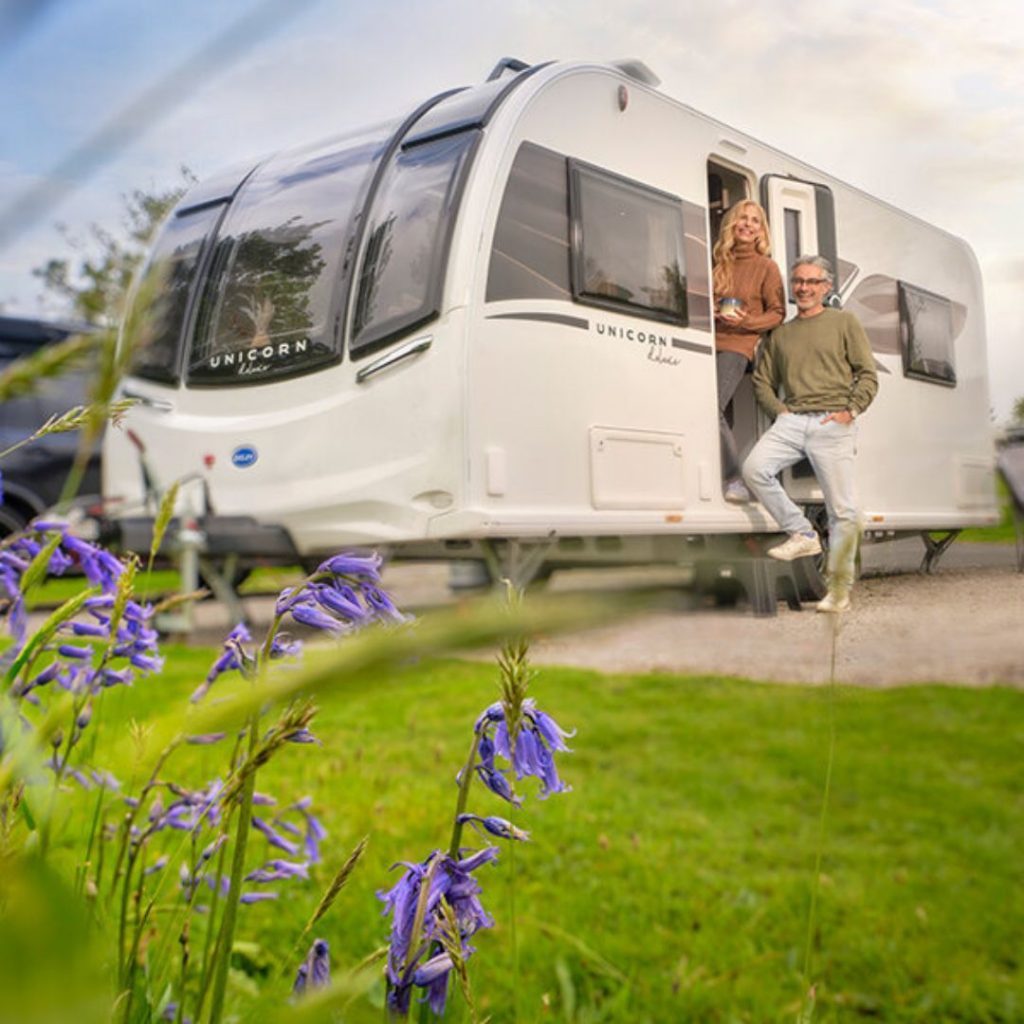
While most holiday parks offer some form of Easter celebration, these destinations are known for going the extra mile:
- Haven Holiday Parks across the UK offer comprehensive Easter activity programmes
- Parkdean Resorts feature “Easter Extravaganza” weekends with themed entertainment
- Forest Holidays sites combine woodland settings with natural Easter activities
- The Camping and Caravanning Club sites often host community Easter events
- Hoburne Holiday Parks are known for their elaborate Easter entertainment schedules
Plan Ahead for Easter Success
Easter is one of the busiest periods for UK caravan parks, so planning is essential:
- Book your pitch or holiday home well in advance
- Reserve spaces for popular activities upon arrival
- Pack appropriate clothing for variable spring weather
- Bring Easter essentials if you’re creating your own celebrations
- Check the park’s website or social media for their Easter programme details
Conclusion
Easter at a UK caravan park offers families the perfect blend of traditional celebrations, outdoor adventures, and springtime joy. Whether you’re participating in organised activities or creating your own Easter traditions, a caravan holiday provides the ideal backdrop for making precious family memories as nature reawakens around you.
By combining the comfort of your caravan with the excitement of seasonal festivities, you’ll create an Easter break that children will remember for years to come. Happy Easter and happy caravanning!

